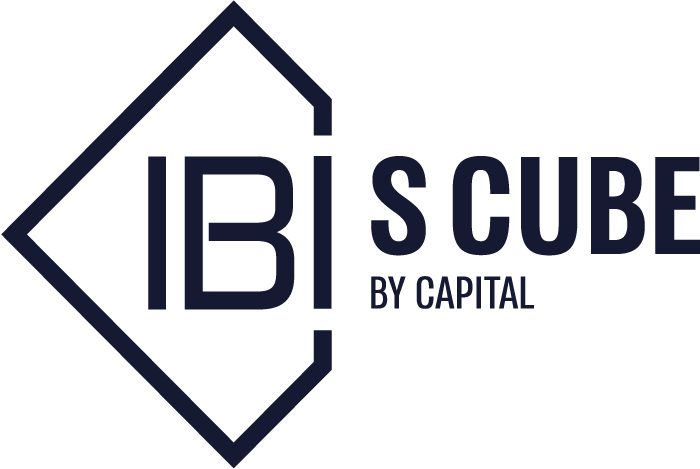A change for the better in the technology sector is expected at the end of the second half of 2024
The Nasdaq is once again at a record level while Israel is in an ongoing war, what does this mean for the local high-tech companies? The CEO and founder of S Cube of IBI Capital Group, the largest valuation company in the technology sector in Israel, sums up the past year and discusses the big trends to look out for in 2024
S Cube performs about 650 valuations per year, primarily for startups at all stages of growth. The vast majority of clients operate in the technology sector and in fact, S Cube performs most of the valuations for the technology sector in Israel, which provides an excellent perspective on the Israeli high-tech ecosystem. Reflecting on 2023, the local technology sector is resilient, allaying the fears of foreign investors and garnering confidence. However, the profound crisis in the global technology sector still impacts Israeli technology companies, on top of the economy-wide headwinds from one of the nation’s most challenging years. A change in global trends is anticipated by the end of 2024, yet the trajectory of the local sector also hinges on the evolving developments of the war.
The Nasdaq is once again at a record level and indeed above its level at the end of 2021. Back then, many saw this as a bubble. Is the situation different this time? How do you see the state of the technology sector on a global level?
The Nasdaq stands as the preeminent index for technology stocks globally; however, utilizing it as the sole reference for the entire sector is misleading. Over the past year, as indeed we’ve seen in the past few years, industry giants such as Apple, Microsoft, Alphabet (Google), and NVIDIA, benefiting from significant scale advantages, have continued to expand in absolute terms and also relative to the broader technology sector. When examining the situation at small and micro-cap companies, particularly the bulk of the private companies in the American market, the indications of a bubble dissipate entirely, revealing substantial declines of up to several dozen percent in company valuations over the past year.
And so, despite some leading companies maintaining valuations akin to those at the end of 2021, this does not accurately represent the broader sector. Excluding these outliers, the sector as a whole has experienced a profound crisis over the past year. Notably, the increase in the US interest rate, which was at zero at the end of 2021, has since risen significantly, experiencing an additional increase of 1% in 2023 to reach a range of 5.25-5.5%. Consequently, investors can now secure a favorable return on deposits with very low risk. This exerts a substantial negative influence on investments across all sectors, including the technology sector.
In Israel, the events of October 7 and the war, whose end date is unknown, came after difficult months that the technology sector went through due to the legal reform issues. How much did these events affect Israeli technology companies?
The current performance of technology companies in Israel mirrors that of their counterparts in the United States. However, it is important to acknowledge that during the peak period, the value increases in Israel were smaller (Historical data indicates that on the flip side, the impact of crises on the technology sector’s performance in Israel has been comparatively moderate relative to the impact on American companies). The prevailing factor behind these disappointing results in 2023 is the pervasive uncertainty characterizing the past year. Commencing with internal political strife surrounding legal reforms that dissuaded foreign investors, the uncertainty escalated even higher since October 7 due to an ongoing and indefinite war, with uncertainty surrounding its conclusion, potential additional fronts, and the ensuing consequences.
On one hand, the strengthening of the shekel implies investor confidence in Israel’s ability to manage the situation. On the other hand, the national trauma and daily updates on losses and injuries among military forces, some of whom will endure permanent disabilities, paints a much more somber picture. Despite hoping for and believing there will be a favorable outcome in the end, gloominess permeates daily life. Attempts to stimulate the economy and maintain a robust home front are challenging, given the significant portion of the population engaged in reserves and the disruption caused, at the very least, by missile threats and alarms on a regular basis. The resulting impact on productivity, coupled with the enormous government expenditure on the war, compounds the challenges, suggesting that the economic difficulties will likely persist into the year 2024.
In terms of raising capital in the local technology sector, how did the entrepreneurs deal with the challenges of the past year?
In the past year, there was a notable decrease in fundraising rounds, with only exceptional companies managing to sustain or increase their valuations, resulting in a generally lower valuation landscape compared to 2022. However, there are promising signs from November and December, with many successful funding rounds concluded. This resilience underscores the sector’s strength, which, in my view, emerged as a pivotal civilian force in terms of mobilization and contribution to the national effort during the ongoing war. While these tech companies may not be significantly impacted at the operational level, given their primarily international markets, they face challenges in capital raising. Investors, faced with the choice between an Israeli company and a foreign counterpart with similar technology, may lean toward the latter due to prevailing uncertainty in the broader Israeli economy.
The difficulty created in raising funds from foreign investors during the year led many entrepreneurs to express interest in corporate inversions. To what extent have these processes been completed in practice?
Over the past year, a significant shift occurred as a growing share of new companies opted to incorporate as foreign entities, after years of Israeli startups incorporating primarily in Israel. Moreover, particularly among early-stage businesses, some corporate inversions occurred, wherein the Israeli parent company transformed into a subsidiary of a foreign counterpart. The motivation behind these decisions was primarily driven by the challenges faced in fundraising as an Israeli entity. It’s worth noting, however, that the phenomenon is relatively uncommon. This is largely due to the complex and economically burdensome nature of the process, making it an impractical choice for well-established companies.
In the current environment, it is possible to see more investment mechanisms and different conditions that benefit the investors without lowering the pre-money valuation. How do you feel about the various down round avoidance mechanisms?
I believe that down rounds should not be categorically avoided. In situations where a company initially raised capital at an exceptionally high valuation, it might be more prudent, especially during a crisis, to consider a down round and then gradually recover, rather than navigating financial complexities solely to maintain an inflated share price. Modifying the terms of preferred shares, such as introducing a 200% investment multiplier for investors, may superficially maintain the share price on paper (even though economically it decreases), but it can lead to challenges and complications in subsequent funding rounds. Consequently, such manipulations are, in my view, short-term fixes that could potentially inflict long-term harm on the company.
After an almost complete absence of secondary transactions in 2022, are there any signs of a change in trend in the past year?
In the final quarter of the year, a notable resurgence of secondary transactions occurred among our clients, signaling a positive outlook. The reappearance of these transactions is particularly encouraging as it suggests optimism within the investor community. When an investor participates in a standard investment round, it serves as a capital infusion directly benefiting the company’s operations, enhancing its prospects for success. In contrast, secondary transactions involve the transfer of funds to entrepreneurs, employees, or investors from previous rounds. Secondary rounds really demonstrate investors’ belief in the intrinsic value and potential growth of the company, since the funds they invest don’t directly increase the capital or growth potential of the company.
What is expected of the global and local technology sector in 2024?
2024 marks an election year in the United States, and historical trends suggest that investors tend to reduce their risk exposure in the lead-up to the elections in early November. However, post-election periods typically witness improved stock market performance, with US markets historically rebounding strongly regardless of election outcomes. I anticipate that this year will follow the same pattern. The ongoing technology crisis is likely to persist throughout 2024, with signs of improvement expected in the latter half of the year. Domestically, our market is closely linked to the American market, though in the near future it is also contingent on the duration and outcome of the current war. In any event, I project a notably swifter recovery for the technology sector than for the rest of the Israeli economy.
What is said in this article is provided for informational and general purposes only. The aforementioned does not constitute “investment consulting” and/or “investment marketing” as defined in the Law on the Regulation of the Practice of Investment Consulting, Investment Marketing and Investment Portfolio Management, 1995 and/or a substitute for the above and/or a substitute for legal, financial, taxation advice, financial or any professional and personal advice. The S-CUBE company and/or the IBI group and/or any of the group companies will not be responsible for any loss or damage caused to any third party due to reliance on the above information.



